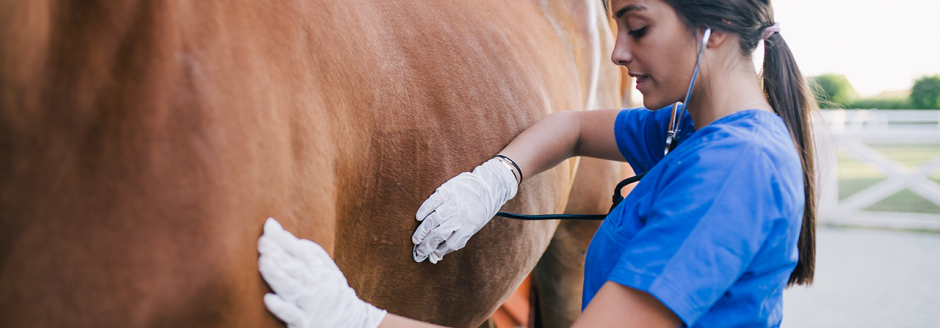It is the link between “town and gown” that made Hays my hometown. Mom and Dad attended FHSU, so why not move from the suburbs of Denver, to where I had spent with spring and summer vacations working on my uncle’s farm.
It was on a campus visit my junior year of high school, I saw it—and got it.
Picken Hall, the old main of the FHSU campus in the setting sun. Even looking east, from the Quad, this limestone lovely is always a draw.
Somehow, I just knew. This was home.
Hays is a great home town. As we celebrate Independence Day, the Wild West Festival is always in full swing, with fireworks, a huge carnival and great concerts.
As a FHSU alumnus, Oktoberfest-Homecoming weekend is my favorite time of year. Not only do we think our football team will win, but there’s great food and drink celebrating the heritage of Unsere Leute, or Our People. This year, Oktoberfest is the weekend of Sept. 28. It’s a wonderful time for a reunion, whether by ancestry or by school loyalty.
If it weren’t for FHSU, the growth of the city would likely have never taken place. When my folks were students in the late 1930s and early 1940s, Hays had a population of about 6,300. Now, over 20,000 residents enjoy the lifestyle of a place big enough to accommodate but small enough to appreciate.
The university has boomed through new technology, but still remains, as emeritus President Edward Hammond once said, a high-tech, high-touch environment.
The human touch is felt through the arts in Hays, the first city in Kansas with an arts council. Between the schools and the council, the visual arts, drama, and music programs abound. Even civic beautification is given recognition. Hays is without apology an artsy town.
Hays is a town of science. HaysMed brings advanced medical help, including stroke care and heart surgery, close to home. It’s also home to the Kansas State University Agricultural Research Center-Hays, the largest dryland agricultural experiment station in the world.
Hays has pluck. In 1983, a report surfaced that the city’s domestic water supply was running out.
“We knew we had to find ways to get people to conserve water, plain and simple,” former City Commissioner Errol Wuertz said. “The problem wasn’t from lawn watering. It was from taking a shower, using the toilet, washing clothes. The habits of daily life.”
City officials came up with a plan to have residents turn in their current showerheads for low-flow products. Cash rebates were given for purchases of high efficiency toilets and washing machines. These programs remain in place today.
A few years later, faced with a landfill about to overfill, commissioners came up with a curbside recycling program.
“It was these proactive ways to conserve and save that earned us an All America City designation from the National Civic League,” said State Rep. Eber Phelps, D-Hays, a former city commissioner. “We have problems and we work to solve them. That’s what great communities are made of. We have incredible volunteers, from civic groups like Rotary and Kiwanis, to church groups, and the university students. It makes you proud to live here.”
Larry Dreiling can be reached at 785-628-1117 or [email protected].



